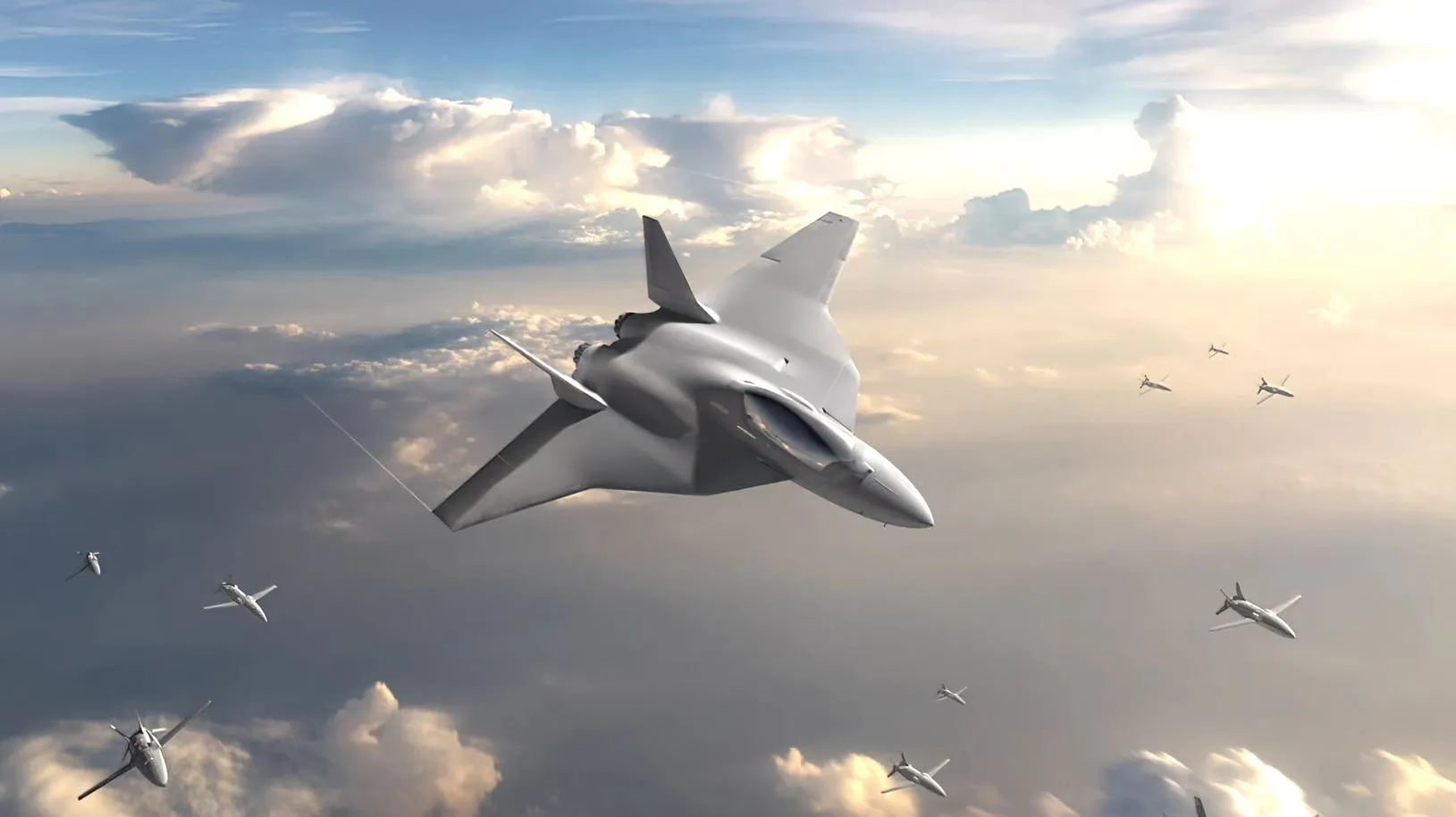Tensions between Germany and France over the European Future Combat Air System (FCAS) program, a joint project aimed at designing and developing a sixth-generation fighter valued at €100 billion, have led Germany to consider alternatives that could involve exiting the project. According to sources close to the negotiations, the German Ministry of Defense reviewed the situation last week with Airbus, responsible for developing the German portion of the fighter.
Launched in 2017, the FCAS program aims to replace the current Rafale and Eurofighter Typhoon aircraft by 2040. The initiative is led by France, Germany, and Spain, with industrial participation from Dassault Aviation, Airbus Defence & Space, and Indra. However, disputes over workload distribution and technological leadership have intensified tensions.
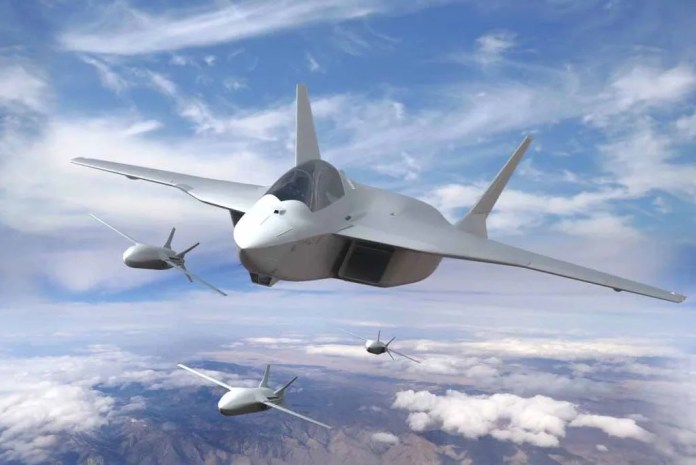
As reported by Zona Militar in July, Dassault reportedly proposed taking on up to 80% of the tasks related to the Next-Generation Weapon System (NGWS), the core of the program that includes the future manned fighter New Generation Fighter (NGF), drones, and networked systems. This information sparked rejection in Berlin, though French authorities denied the figure.
Social Democratic MP Andreas Schwarz warned in statements to Politico: “At some point, the [German] Parliament will have to say: ‘Either we need this aircraft, or we don’t,’” highlighting the delays and potential problems that could still arise.
Options under Consideration
Facing the lack of progress, Germany is evaluating possible alternative plans. These include deepening cooperation with Spain, incorporating Sweden through Saab, or even seeking convergence with the United Kingdom, which leads the Global Combat Air Program (GCAP) alongside Italy and Japan.
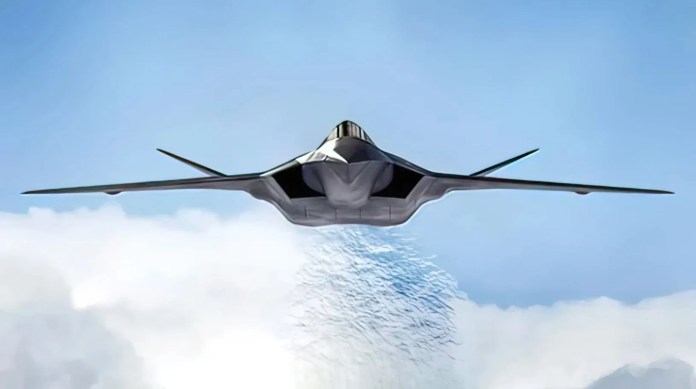
Potential UK involvement raises concerns about a possible conflict of interest, given that BAE Systems leads the development of the Tempest fighter under GCAP. Sweden, by contrast, appears to be a more viable option: Saab has experience designing the Gripen and in key areas such as avionics, sensors, and lightweight structures.
German Chancellor Friedrich Merz addressed the issue in Madrid alongside Spanish Prime Minister Pedro Sánchez. “We share the assessment that the current situation is unsatisfactory. We are not making progress with this project. We have both spoken with the French government and want a solution as soon as possible,” Merz stated.
Meanwhile, German government spokesperson Stefan Kornelius emphasized: “The distribution of workload in this armament project must be carried out according to the contract,” noting ongoing coordination with Madrid.
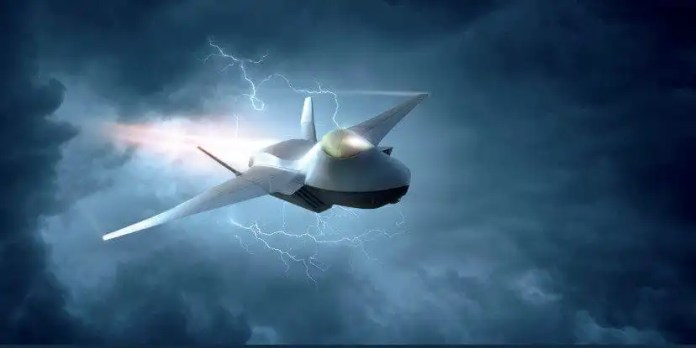
A Disputed Program
Governance design is another critical issue. While Berlin and Madrid advocate a balanced distribution scheme, Dassault insists on greater decision-making power to avoid what it considers potential delays. “Is the current highly democratic, shared governance structure the most effective plan? This is a question we have posed to Germans and Spaniards, and no one can prove that under the current setup we will have an aircraft on time,” said a French official involved in the program.
Tensions occur in a complex political context in France. The recent appointment of Sébastien Lecornu as Prime Minister, following the fall of François Bayrou’s government, raises expectations in Berlin of a possible shift in negotiations. Lecornu, who previously served as Defense Minister during FCAS discussions, is seen as capable of bridging positions.
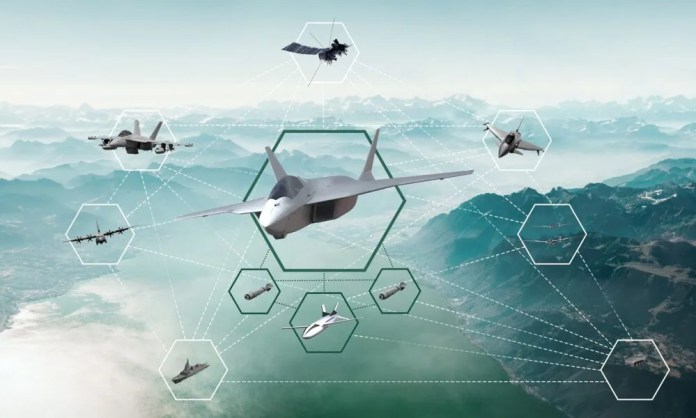
These tensions and uncertainties extend to neighboring countries that were, or at least had been, interested in the FCAS program. Belgium, for example, had sought to acquire examples of these sixth-generation aircraft, but given doubts about the program’s development, it has decided to look to the United States, purchasing additional units of the already operational F-35A.
Immediate Outlook
Before the end of the year, France, Germany, and Spain must decide whether to move to Phase 2 of the program, which includes building a technology demonstrator. A trilateral meeting of defense ministers is scheduled for October, alongside ongoing technical meetings among governments, companies, and acquisition agencies.
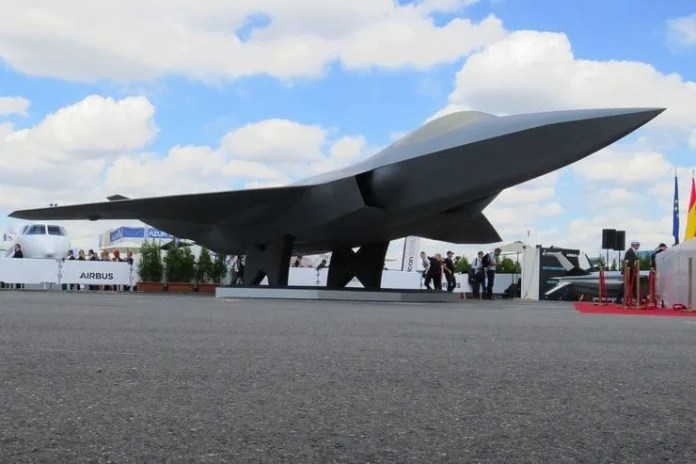
If no agreement is reached, Germany could accelerate its search for alternative partners or even explore an independent path. However, analysts warn that a fragmented program in Europe would make it financially difficult to sustain projects of this scale, with consequences for defense planning on the continent.
Original text by: Germán Alejandro Romero
Images for illustrative purposes.
You may also like: KNDS and the Armed Forces of Ukraine may consider resuming production of Gepard self-propelled anti-aircraft artillery systems
